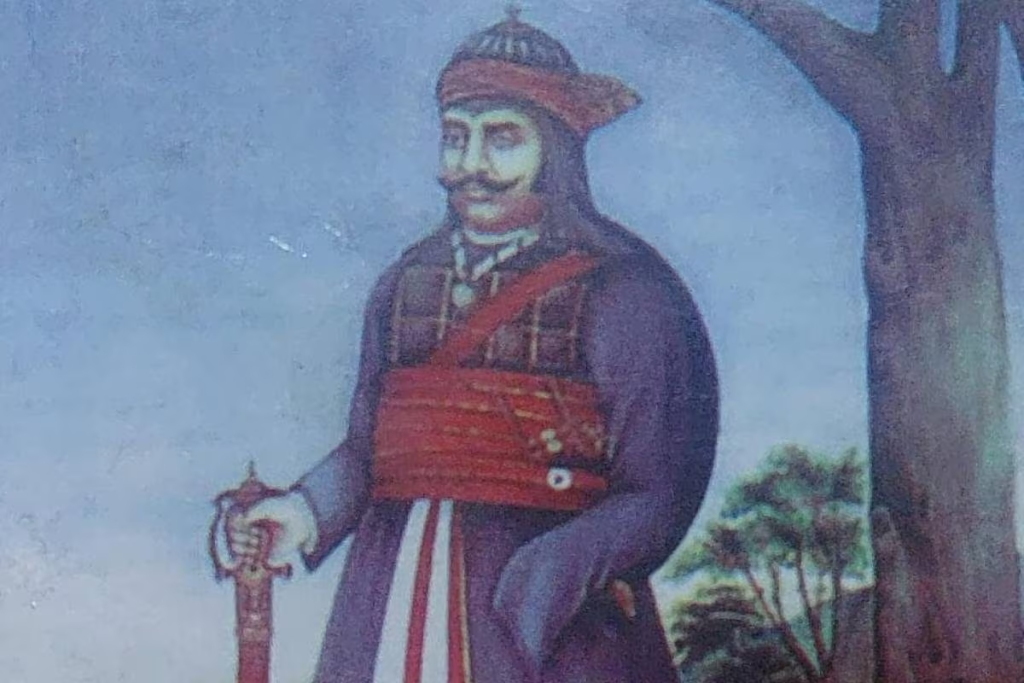The recent controversy surrounding Rajya Sabha MP Ramji Lal Suman’s remarks about Rana Sanga has reignited debates about historical events. Some claim that Rana Sanga invited Mughal emperor Babur to India, while others strongly deny this. So, what is the truth? Let’s separate fact from fiction.\
Who Was Rana Sanga?
Rana Sanga, or Maharana Sangram Singh, was the ruler of Mewar from 1509 to 1528. He is known for his bravery and efforts to unite Rajput kings against foreign invaders. He fought many battles to defend his kingdom, with his most famous war being against Babur in the Battle of Khanwa (1527).
Did Rana Sanga Invite Babur?
The claim that Rana Sanga invited Babur to India is partially true but lacks full context. Here’s what really happened:
- Babur’s Own Ambitions: Babur, a descendant of Timur and Genghis Khan, had already set his sights on India before any Rajput invitation. He invaded India multiple times between 1519 and 1526, attacking Punjab and other regions.
- The Role of Rana Sanga: At that time, the Delhi Sultan, Ibrahim Lodi, was unpopular due to his harsh rule. Many Indian rulers, including some Afghan nobles and Rajput leaders, wanted to overthrow him.
- Letters to Babur: It is believed that Rana Sanga, along with other rulers, sent messages to Babur, encouraging him to challenge Ibrahim Lodi. However, this was not an invitation to rule India but an effort to remove Lodi from power.
- Babur’s Decision: Babur was already planning to invade India. In 1526, he defeated Ibrahim Lodi at the Battle of Panipat and took control of Delhi and Agra. After this, Rana Sanga expected Babur to leave India, but Babur decided to stay and establish his empire.

The Battle of Khanwa (1527)
When Rana Sanga realized that Babur was not leaving, he gathered a massive Rajput army to fight the Mughals. The Battle of Khanwa took place in 1527, where Babur’s use of gunpowder and cannons played a key role in his victory. Despite being outgunned, Rana Sanga fought bravely but lost the battle.

Was Rana Sanga a Traitor?
Calling Rana Sanga a “traitor” is historically inaccurate. His actions were motivated by his desire to protect Rajputana and not to hand over India to Babur. He miscalculated Babur’s intentions, but he later fought fiercely against the Mughal expansion.
